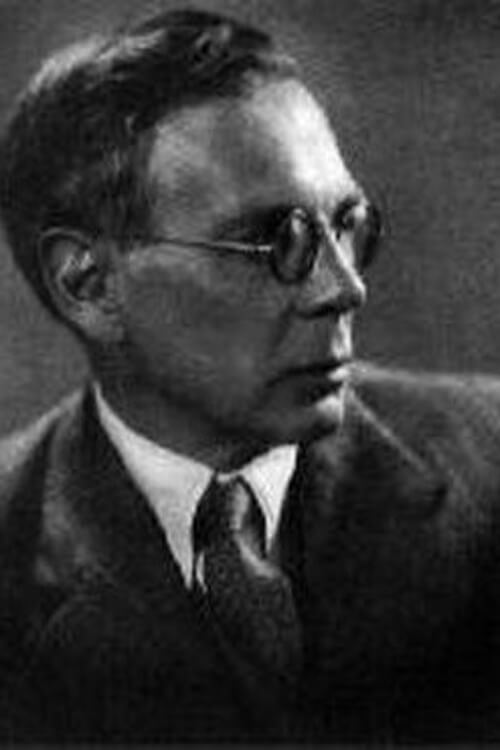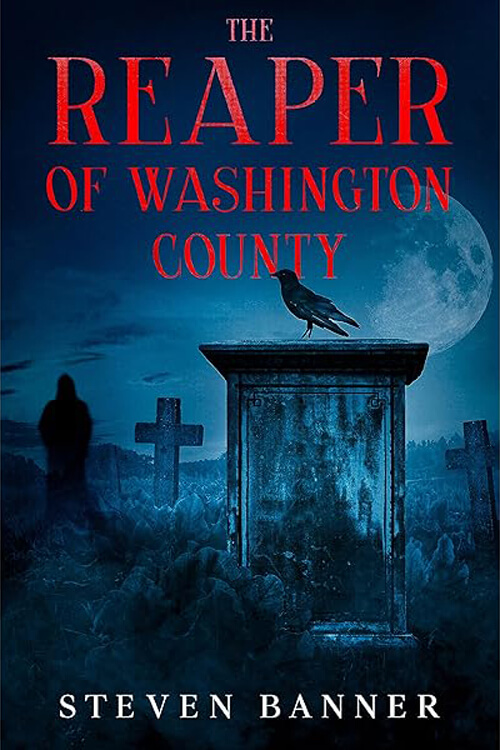
Charles Williams
Charles Walter Stansby Williams (20 September 1886 – 15 May 1945) was an English poet, novelist, playwright, theologian and literary critic. Most of his life was spent in London, where he was born, but in 1939 he moved to Oxford with the university press for which he worked and was buried there following his early death.
Early life and education
Charles Williams was born in London in 1886, the only son of (Richard) Walter Stansby Williams (1848–1929) and Mary (née Wall). His father Walter was a journalist and foreign business correspondent for an importing firm, writing in French and German, who was a ‘regular and valued’ contributor of verse, stories, and articles to many popular magazines. His mother Mary, was the sister of the ecclesiologist and historian J. Charles Wall was a former milliner (hatmaker), of Islington. He had one sister, Edith, born in 1889. The Williams family lived in ‘shabby-genteel’ circumstances, owing to Walter’s increasing blindness and the decline of the firm by which he was employed, in Holloway. In 1894 the family moved to St Albans in Hertfordshire, where Williams lived until his marriage in 1917.
Educated at St Albans School, Williams was awarded a scholarship to University College London, but he left in 1904 without attempting to gain a degree due to an inability to pay tuition fees.
Williams began work in 1904 in a Methodist bookroom. He was employed by the Oxford University Press (OUP) as a proofreading assistant in 1908 and quickly climbed to the position of editor. He continued to work at the OUP in various positions of increasing responsibility until he died in 1945. One of his greatest editorial achievements was the publication of the first major English-language edition of the works of Søren Kierkegaard. His work was part of the literature event in the art competition at the 1924 Summer Olympics.
Although chiefly remembered as a novelist, Williams also published poetry, works of literary criticism, theology, drama, history, biography, and a voluminous number of book reviews. Some of his best-known novels are War in Heaven (1930), Descent into Hell (1937), and All Hallows’ Eve (1945). T. S. Eliot, who wrote an introduction for the last of these, described Williams’s novels as “supernatural thrillers” because they explore the sacramental intersection of the physical with the spiritual while also examining how power, even spiritual power, can corrupt as well as sanctify.
All of Williams’s fantasies, unlike those of J. R. R. Tolkien and most of those of C. S. Lewis, are set in the contemporary world. Williams has been described by Colin Manlove as one of the three main writers of “Christian fantasy” in the twentieth century (the other two being C.S. Lewis and T. F. Powys). More recent writers of fantasy novels with contemporary settings, notably Tim Powers, cite Williams as a model and inspiration.
W. H. Auden, one of Williams’s greatest admirers, reportedly re-read Williams’s extraordinary and highly unconventional history of the church, The Descent of the Dove (1939), every year. Williams’s study of Dante entitled The Figure of Beatrice (1944) was very highly regarded at its time of publication and continues to be consulted by Dante scholars today. His work inspired Dorothy L. Sayers to undertake her translation of The Divine Comedy. Williams, however, regarded his most important work to be his extremely dense and complex Arthurian poetry, of which two books were published, Taliessin through Logres (1938) and The Region of the Summer Stars (1944), and more remained unfinished at his death. Some of Williams’s essays were collected and published posthumously in Image of the City and Other Essays (1958), edited by Anne Ridler.
Williams gathered many followers and disciples during his lifetime. He was, for a period, a member of the Salvator Mundi Temple of the Fellowship of the Rosy Cross. He met fellow Anglican Evelyn Underhill in 1937 and would later write the introduction to her published Letters in 1943.
When World War II broke out in 1939, Oxford University Press moved its offices from London to Oxford. Williams was reluctant to leave his beloved city, and his wife Florence refused to go. From the nearly 700 letters he wrote to his wife during the war years, a generous selection has been published — “primarily… love letters,” the editor calls them.
But the move to Oxford did allow him to participate regularly in Lewis’s literary society known as the Inklings. In this setting, Williams was able to read (and improve) his final published novel, All Hallows’ Eve, as well as to hear J. R. R. Tolkien read aloud to the group some of his early drafts of The Lord of the Rings. In addition to meeting in Lewis’s rooms at Oxford, they also regularly met at The Eagle and Child pub in Oxford (better known by its nickname “The Bird and Baby”). During this time Williams also gave lectures at Oxford on John Milton, William Wordsworth, and other authors, and received an honorary M.A. degree.
Williams is buried in Holywell Cemetery in Oxford. His headstone bears the word “poet” followed by the words “Under the Mercy”, a phrase often used by Williams himself.





